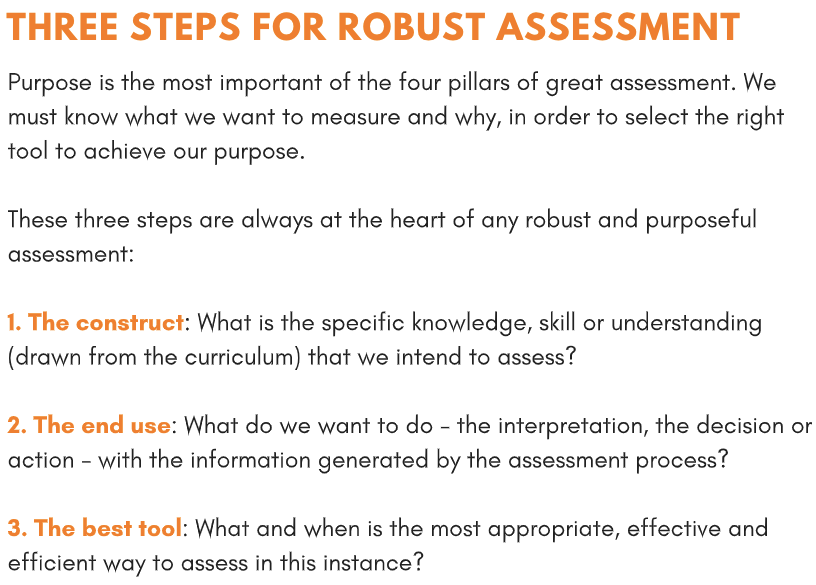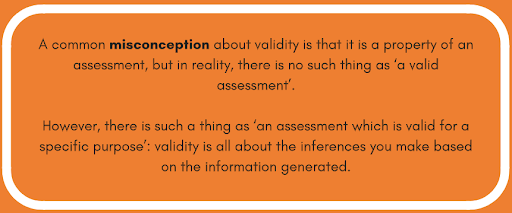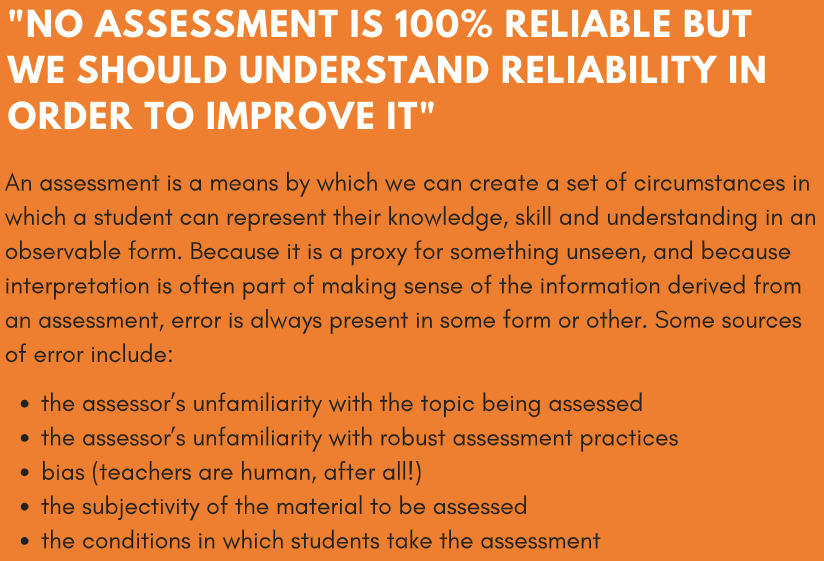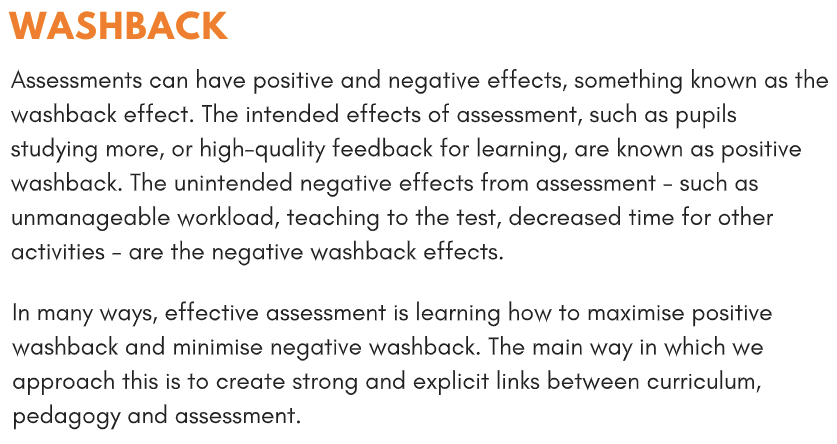We’ve made it past 100, so I guess we’re heading for 200 now!?!
I hope you enjoy this week’s installment of Teacher Ollie’s Takeaways 🙂
If you’d like to support Teacher Ollie’s Takeaways and the Education Research Reading Room podcast, please check out the ERRR Patreon page to explore this option. Any donation, even $1 per month, is greatly appreciated.
(all past TOTs here), sign up to get these articles emailed to you each week here.
We often give up on strategies because our techniques aren’t good enough, via @Doug_Lemov
The following is an excerpt from a summary of my discussion with Doug Lemov on the Education Research Reading Room podcast.
A strategy is something that you aim to do. For example, your strategy may be to, ‘Unlock this text through classroom discussion’, but a strategy will live or die based upon the techniques that you utilise. Do the students talk to each other? Do they listen to each other? And whether or not this happens often depends on a set of moves, often mundane, that you repeat over and over and at increasing levels of complexity to build habits and routines in the classroom that move students towards your strategic outcomes. An analogy here (Doug loves his soccer analogies!) is that your strategy may be to receive a pass in one touch then forward it to your teammate, but you need to refine your technique for this in order to be able to execute your strategy. In short, ‘Your game strategy is predicated on your ability to execute techniques.’
For the full summary, and summaries of all ERRR podcasts, you can become a Patreon here.
The Four Pillars of Assessment, via @EvidenceInEdu
Evidence Based Education has released an excellent resource guide to the Four Pillars of Assessment. This guide offers an extremely concise overview of the four key ideas of: purpose, validity, reliability, and value.
Here are a few of my fave excerpts:
Purpose:
Validity:
Reliability:
Value:
How to remember how to spell camouflage, via @Mr_Raichura and @daniquinn
Thanks all for your tips! Much appreciated.
My fave is @danicquinn’s – so simple & so effective. It’s going into the Y7 booklet! https://t.co/48XwG1GKKo
— Pritesh Raichura (@Mr_Raichura) January 22, 2021
A lot of ideas on Feedback, via @mpershan
One of the wonderful things that I took away from my Podcast discussion with Michael Pershan was his breakdown of feedback. Feedback works when it either: 1. Teaches students something that they didn’t already know or, 2. Inspires them to go away and learn something new for themselves.
This is just such a simple and powerful analysis of what makes effective feedback, I loved it!
And so, I thought I had better explore a bit more of Michael’s work on the topic. What I found was this excellent blog post. It’s very comprehensive! Here’s one of my fave excerpts from within, which talks of how Michael worked out an effective way to give feedback on a maths quiz.
I wasn’t sure what to do. Then, I remembered something I had read from Dylan Wiliam — I think it’s in Embedded Formative Assessment. His idea there was that you can give all the class’ comments to everyone, and then kids have to decide which comments apply to them.
I thought, OK, I can work with this. So I quickly (quickly!) made a page of examples, one for every mistake I saw on the quiz:
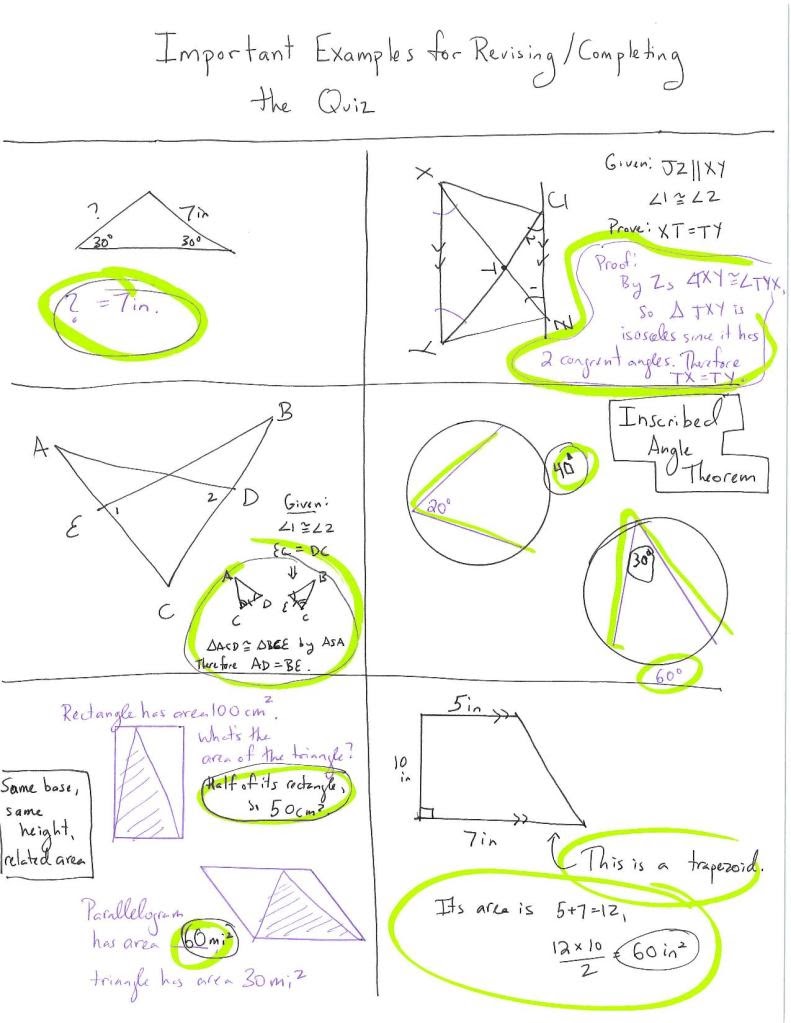 My routine in class went like this:
My routine in class went like this:
-
-
-
-
- Hand out the examples for revision.
- Hand back the quizzes with comments.
- Search for an example that’s relevant to your mistake.
- Call for revision on the basis of the examples. Work with friends, neighbors. Of course, I’m available to help.
- Then, try the extension task.
-
-
-
This was my first time trying this, but I thought it went well. Solid engagement, really good questions, no unproductively stuck students.
When you do something good in teaching, you never really know if it’ll work again, but I’ve got a good feeling about this one. It feels like a lot of what has already worked for me, but in a better order.
Check out Michael’s post in full for this idea in context.
Memory and chess moves, via @ChampChessTour
One of the things that we know about learning and expert performance is that knowledge is super important. When we have information chunked in long-term memory, it makes thinking much more efficient, because our working memory has to deal with fewer elements at a time (more on that here).
In this entertaining video, world famous chess champion Magnus Carlson demonstrates just how rich and detailed the memory of an expert chess player is. This video even has a fun bit for Harry Potter fans!
How well can @MagnusCarlsen identify chess positions? @DavidHowellGM tested the world champion, and the result is truly mindblowing! #ChessChamps pic.twitter.com/WMTDYqLfjW
— Champions Chess Tour (@ChampChessTour) April 29, 2021
A great intro to calculus! Via @mpershan
Not sure if anyone is interested in this but here are sections I wanted to save while reading Paul Tough's "The Inequality Machine": https://t.co/517ml4Sg3W
— Michael Pershan (@mpershan) April 30, 2021
I thought his two-paragraph description of calculus was pretty awesome. pic.twitter.com/YEgpQvY9Go
— Michael Pershan (@mpershan) April 30, 2021
A thread on people’s fave maths books, via @Trianglemancsd
Hey team! Hit me with your favorite math books for the 3 and under set! What comes to mind?
Of course, I've got @pacylin's beautiful new board books from @charlesbridge.
And Crews 10 Black Dots and all of Tana Hoban's stuff.
What else do you love?
— Christopher Danielson (@Trianglemancsd) April 30, 2021
20 hours of PD on how to teach maths, ht @NathanielRSwain
I haven’t reviewed this myself, but I have it on good authority that this is a great resource. Check it out for yourself here 🙂
